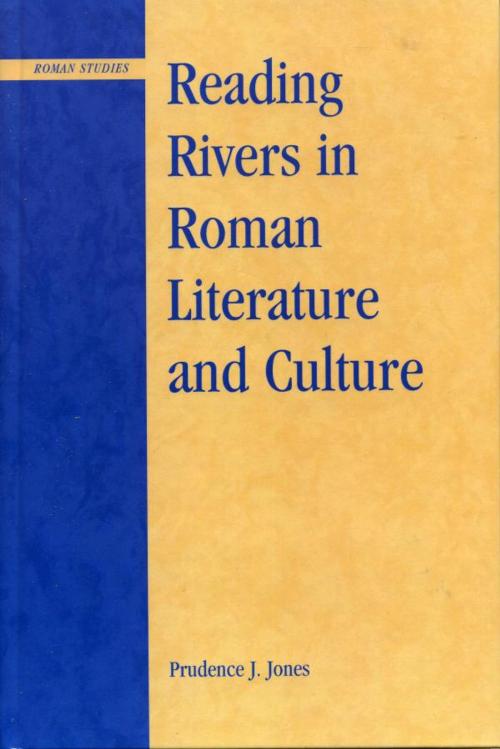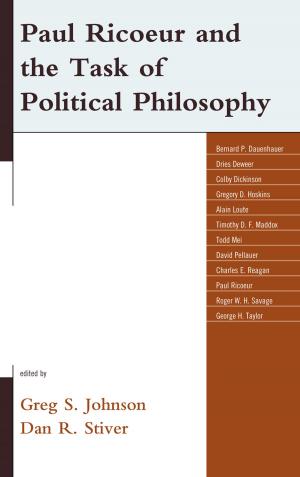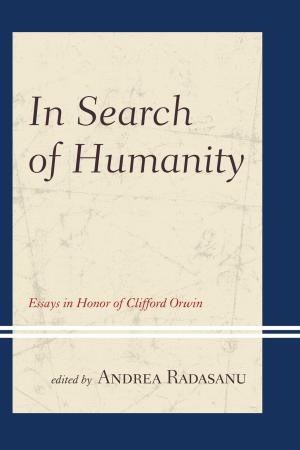Reading Rivers in Roman Literature and Culture
Nonfiction, Religion & Spirituality, Philosophy, Aesthetics| Author: | Prudence J. Jones | ISBN: | 9780739159965 |
| Publisher: | Lexington Books | Publication: | September 7, 2005 |
| Imprint: | Lexington Books | Language: | English |
| Author: | Prudence J. Jones |
| ISBN: | 9780739159965 |
| Publisher: | Lexington Books |
| Publication: | September 7, 2005 |
| Imprint: | Lexington Books |
| Language: | English |
Reading Rivers is the first book in a new series: Roman Studies: Interdisciplinary Approaches. Author Prudence Jones examines rivers as a literary phenomenon, particularly in the poetry of Vergil. The point of such an investigation is twofold: an examination of VergilOs poetry elucidates particularly clearly a point about rivers: that their inclusion functions almost as a literary device, and an examination of rivers makes a point about Vergil: that rivers are essential to understanding the trajectory of his works, in particular the structure of the Aeneid. This study depends primarily on the close analysis of the poetry of Vergil and of other relevant authors. In Part I Jones examines the Greco-Roman understanding of the river in its primary symbolic roles: cosmological, ritual and ethnographical. Part II analyzes the river as a literary device, with particular attention to the works of Vergil, and argues that descriptions of rivers in Roman poetry are, in many cases, a form of authorial comment on the progress or structure of a narrative. Jones gives scholars in the classics, and literary critics who focus specifically on Roman antiquity a special prism through which to view the works of Vergil as well as other significant authors. This book is also for those working in the fields of cultural studies, cultural geography, and ancient philosophy.
Reading Rivers is the first book in a new series: Roman Studies: Interdisciplinary Approaches. Author Prudence Jones examines rivers as a literary phenomenon, particularly in the poetry of Vergil. The point of such an investigation is twofold: an examination of VergilOs poetry elucidates particularly clearly a point about rivers: that their inclusion functions almost as a literary device, and an examination of rivers makes a point about Vergil: that rivers are essential to understanding the trajectory of his works, in particular the structure of the Aeneid. This study depends primarily on the close analysis of the poetry of Vergil and of other relevant authors. In Part I Jones examines the Greco-Roman understanding of the river in its primary symbolic roles: cosmological, ritual and ethnographical. Part II analyzes the river as a literary device, with particular attention to the works of Vergil, and argues that descriptions of rivers in Roman poetry are, in many cases, a form of authorial comment on the progress or structure of a narrative. Jones gives scholars in the classics, and literary critics who focus specifically on Roman antiquity a special prism through which to view the works of Vergil as well as other significant authors. This book is also for those working in the fields of cultural studies, cultural geography, and ancient philosophy.















